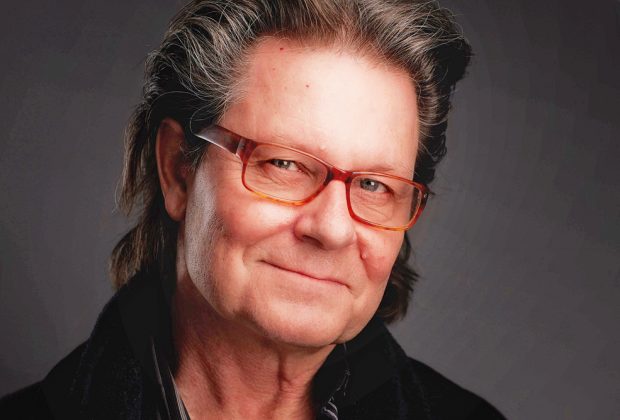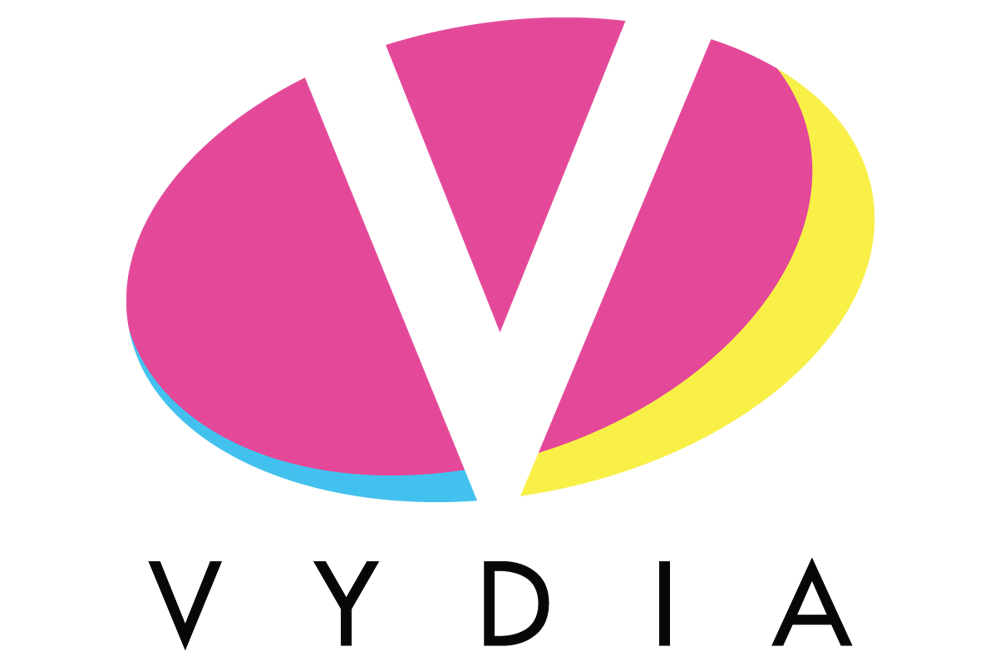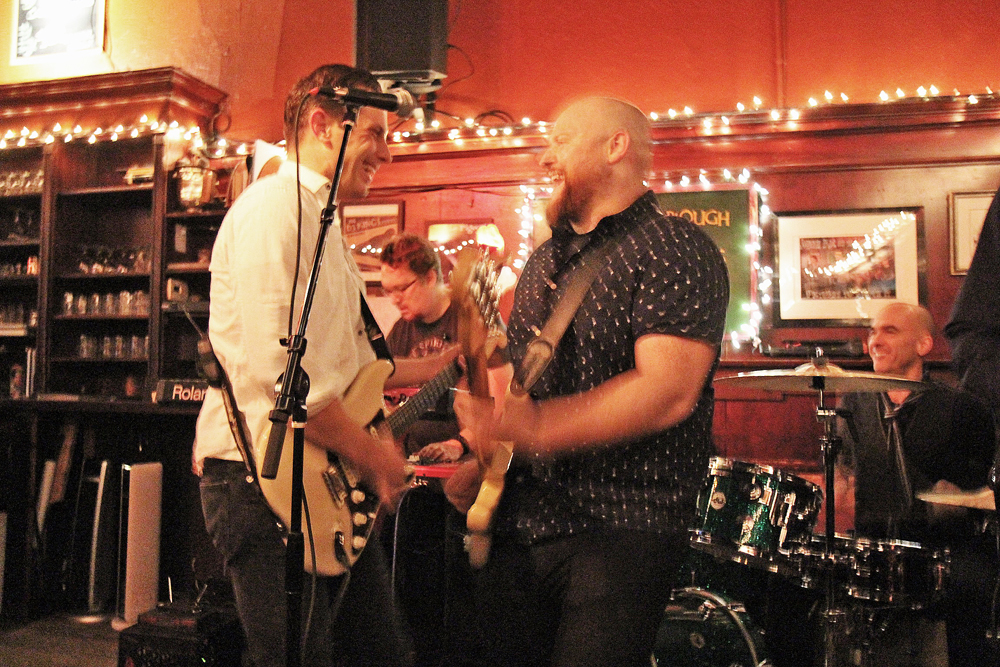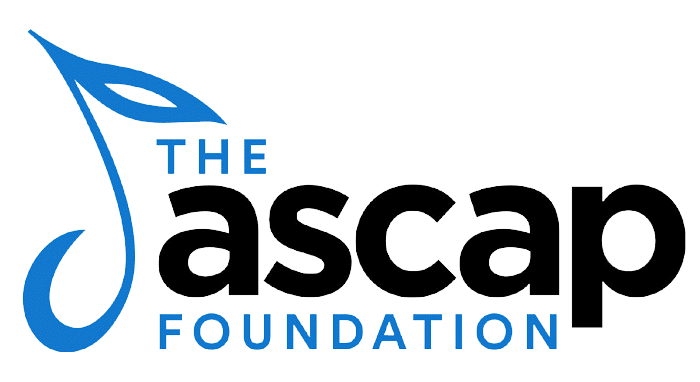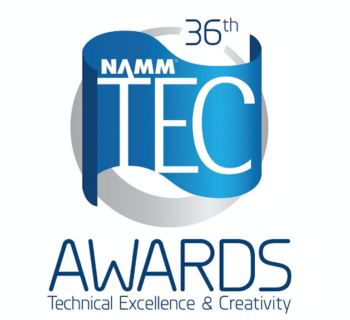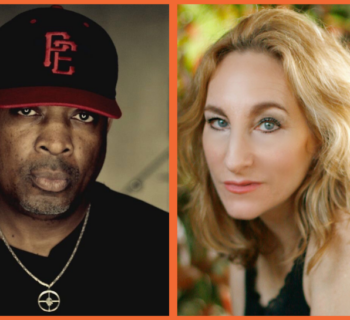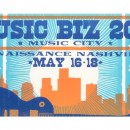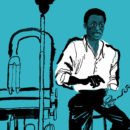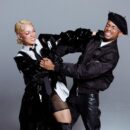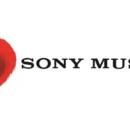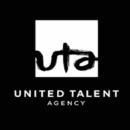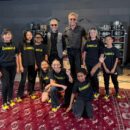BACKGROUND
Best known for playing with Pink Floyd, Supertramp and Toto, Scott Page has created numerous tech media ventures over the years. His latest project, Ignited Network, gives artists a subscription-based, direct-to-consumer platform that reaches fans by integrating existing social media services in a whole new way. He’s also championing singer-songwriter Shelita Burke, whose unique perspective on social media is changing how artists approach self-promotion.
Driving Fandom
Shelita [Burke] realized that Uber and Lyft drivers are like DJ’s, so she spent an entire week taking five-minute rides and getting to know the driver, playing them stuff, getting them to buy her EP and putting it on their playlists. Then she started doing share rides so she knew she’d have somebody else in the car. One of the guys looked her up online and saw her social numbers were so high. He asked her how she did that. She said, “I’ll tell you if you buy my EP.” He said, “I’m on my way to USC. I know a bunch of people who’d love to learn this.” That guy pulled in like 30 people and she taught everybody how to get 10,000 followers in 90 days. And for that they had to buy her EP. What a hack!
Business Beginnings
I had three things I wanted to do with my life: music, business and documentaries. While I was on the road with Pink Floyd, I started reading everything I could on business. Dave Gilmour used to look at me… “What are you reading?” I said, “Dave, I’m going to build a business.”
Between tours, I launched my first company, Walt Tucker, named after my two heroes, Walt Disney and Preston Tucker, the car manufacturer. That was an audio/video post-production facility and merchandise business.
In 1990, I did a CD-ROM that was a music disc for computer users to put under their presentations. I was at COMDEX with Jeff Baxter from the Doobie Brothers, who did this with me. I looked across the room and saw something. I walked over and saw this title called Just Grandma and Me. It was a children’s title and the first time I saw anyone click on an object and then it would animate. I said, “This is my future.”
Cyber Space
I ended up jumping into the cyber scene. I was hanging out with Timothy Leary and all of those guys. And because I was on tour with Pink Floyd everybody wanted to talk to me. It was a great opener because a lot of those computer geeks were big fans.
Then, I started a company with [producer] Bob Ezrin. At COMDEX, I hooked up with a guy named George Grayson, CEO of Micrografx. I brought in Bob and produced a show called The Grand Scientific Musical Theater at the next COMDEX for the National Center for Missing and Exploited Children. It’s considered the beginning of Hollywood and Silicon Valley coming together.
George Grayson was going to acquire my company and the board said no. He quit to start this company with me and Bob. We took my company, turned it into [CD-ROM maker] Seventh Level and 18 months later took it public.
Direct-To-Consumer Opportunity
I did a radio show called Business Rock Stars that went out to about 2.5 million people. I was co-host and music mentor on that show. I did it for about two years and had about 120 artists on.
During that time, I was looking at the marketplace and trying to see how you make money when all this stuff’s free. I started realizing there were a number of things changing dramatically because of mobile devices and all the social stuff that gives you an opportunity to build a direct-to-consumer business.
Starting Up
I started a music accelerator similar to Y Combinator or 500 Startups. Lean startup is a methodology used in Silicon Valley for startup companies. It’s based on a couple principles––reduce risk and don’t run out of resources; test and validate everything; and fail fast. I took those methodologies and kind of designed them for artists. The idea was, if you go through the accelerator, at the end of it we would fund your music startup.
Igniting Super Fans
I realized one of the big issues was there were no platforms to really facilitate what needed to happen. The new model is really around having access to your super fan. The data tells us that super fans are between 60-70% of your revenue, coming from less than 5% of your audience. So, if you could identify those people, that would give you the best opportunity to convert and generate revenue. From that, we realized we had to get back into the tech side and start building out the platform.
All Your Social Media In One Place
When you as an artist [with Ignited] set up a network, which you can do in five minutes, it gives you all your direct access real-time messaging, all the collaborative pieces, but also all the landing pages. Once you plug in all your followers, we then find your super fans for you. It’s a platform of platforms, because we connect with all the other social networks. They become funnels to find those super fans and they drive them to the subscription product.
Physical and Virtual
What we’re doing is a combination of physical and digital goods. You’re going to get a crate delivered to your house every month with limited-edition products and then we also have live streaming shows. It’s a combination of goods.
Selling Relationships
You can’t sell music, so what do you sell? You sell the relationship and the products that fit your audience. You create value. That’s why we built the platform. Once you plug in on your app, you can see all your super fans and invite them to the network. It’s for specific types of fans who want a relationship and buy these kinds of products.
Know Your Crowd
Whoever owns the audience wins.Understanding your audience, having audience management and knowing how and what to do is critical. You may have an audience, but if you don’t know how to manage that audience you can’t convert that audience into paying customers.
Launching Pads
I hear artists say, “I’m working on my record and then I’ll get into my social media when I’m ready to launch.” That’s totally backwards. You want to get that thing rolling before you launch so you have something to launch into.
Let Fans In
The number one thing a super fan wants is a direct, authentic relationship with their artist; so, as an artist you have to think like a media network. You might have multiple shows, so people know you’ve got a commitment to programming. If you’re not going to program it, it’s not going to happen. The ones that are killing it on social media are the ones who are pumping out content and letting [fans] into their lives.
Have a Mission
Every artist needs to build purpose into their brand. Have something where you’re solving a problem. Look at companies like Toms Shoes; you buy a pair of shoes, they give somebody a pair of shoes. Look at Timberland; they’re growing trees, they’re creating community. They’re doing something. It’s important to build purpose and have something you can talk about that’s beyond your band.
Once a Musician,…
I’m still constantly playing and recording. I try to play at least three nights a week when I’m in town. I played a couple weeks ago with Gov’t Mule. I played with Brit Floyd, the Pink Floyd tribute band. It keeps me in the game.
Years with Company: 2
Address: 2029 Verdugo Blvd. #241, Montrose, CA 91020
Web: ignited.network

